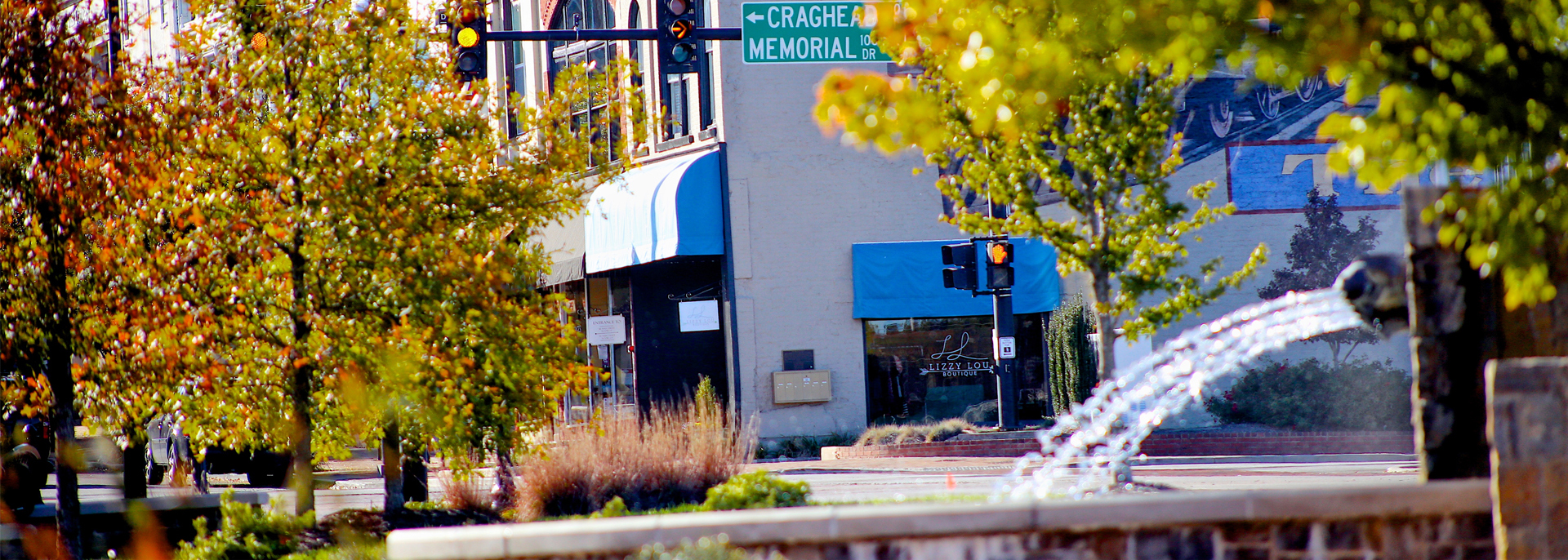

Post-Pandemic Recovery - Ashley Llewellyn
A Note from DRF: A question we find ourselves asking right now is what communities will look like and how they will operate in a post-pandemic world. As restrictions are lifted, we may freely move about more but some businesses, organizations and those in the workforce will still struggle to recover for some time to come. DRF asked our friend Ted Abernathy with Economic Leadership LLC to curate some thoughts on the subject from leaders across the United States to help us think about what’s next.
The lasting impacts of the pandemic on our society, our communities, and our lives will be significant. This feels like one of those pivotal times in history where we can personally feel the lines of demarcation from “before” and “after”, but I feel strongly that there can be so much good to come from this difficult, sad, and uncertain time. In my opinion, the biggest takeaway is the importance of community, relationships, our interconnectedness to each other. Our individual actions - where we shop, how we interact with our neighbors, the way we speak to our coworkers, the responsibilities we have to our households - all impact people far beyond ourselves.
As we move forward, I hope we foster a greater sense of interconnectivity and access into our society, community, and personal interactions. It can be as simple as asking questions such as
- Does this event/place/conversation encourage participation, interaction, and engagement?
- Is this event/place accessible to all members of our community? What are the potential barriers to access? Are there any perceived barriers?
- Does this space/event support the safety and well-being of our community? What elements can be added/removed to make people feel safe?
- How can we communicate more effectively, respectfully, and compassionately?
- Who is not a part of this event/meeting/conversation? Whose voice or perspective is missing?
- Do the existing policies or procedures meet the current needs of our organization/company/neighborhood/family?
The answers to these questions may be simple, like adding hand-washing stations to areas that host farmers markets and events or far more complex like identifying the need for a community assessment or strategic planning process. We can take small intentional steps each day towards answering these questions and implementing the identified strategies for next steps. The very first step is to be considerate of all those we encounter in our daily lives. We have the daily opportunity to cultivate patience, empathy, compassion, and grace for ourselves, those living in our households, those in our workplaces, and towards every single person we encounter.